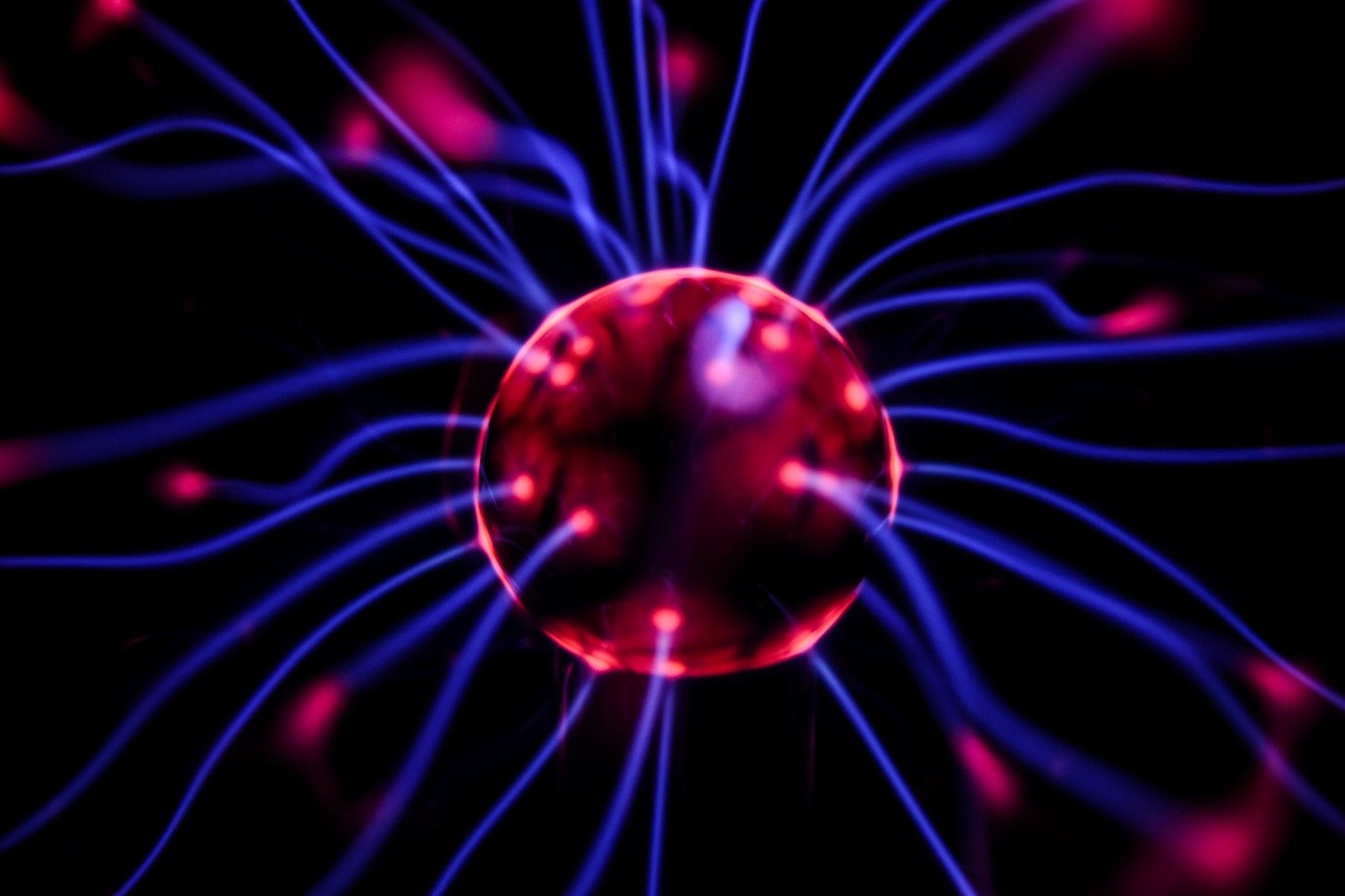Why it's important for children to understand how their brain works

The brain is an amazing organ capable of incredible feats and also susceptible to a number of quirks. Neuroscience has been combining physiology, anatomy, molecular biology, developmental biology, cytology, mathematical modelling and psychology with the goal of understanding the fundamental properties of neurons and neural circuits and how to optimally utilise and train them.[1] The field of neuroscience should be important to all human beings, and is incredibly helpful in teaching children about their brains and what they are capable of. If we truly want to empower and educate children, teaching them how to understand and control their own cognitive and emotional health is an important step on that journey.
Programs that help children and adults build resilience and improve their social and emotional learning skills utilise a number of neuroscientific methods to efficiently and effectively get their points across. Explaining how the brain works is especially important for students who believe that they are "not smart" and that their intelligence has been predetermined at birth.
Teaching students about their most powerful tool
According to developmental psychologists, parents and teachers with an understanding of how their child’s brain works are more capable of helping to guide them over the hurdles life presents. For instance, even though children understand the concept of practicing to improve for a sport, most children don’t see the brain as a muscle that can be worked out and improved in the same way. This small misunderstanding of how their brain works can lead to a feeling of helplessness when faced with the inevitable curve balls thrown by life and can lead to reduced academic and social performance. Knowledge truly is power.
Different people have different brains
Before children can adequately acknowledge other people’s feelings and thoughts, they must be taught that every person has individual thoughts and feelings in the first place. This can be an interesting topic for children, as studies have shown that most children think of their brains as somewhere to store information and think, not the core of everything we do as humans. Explaining to your child how each person is born unique and has different life experiences that affect how their brains grow is a great way of showing them why some people are more skilled in different areas or have some mental deficits. Realising that everybody has unique thoughts and beliefs is a major social development milestone for children and is instrumental in developing the skill of putting yourself in someone else’s shoes.
The brain is ever changing
Kids can watch their hair and fingernails grow, their bodies become taller and their baby teeth fall out, but it’s a bit harder for them to understand that their brains are undergoing changes too. Empower your children by explaining that the brain may not really be a muscle, but it can get stronger if worked out like one. Discussing with children the value of making mistakes on the brain’s ability to change and grow is a great method for reducing a number of performance related anxieties for children. Courses that aim to improve resilience in children and teach parents and teachers about social and emotional learning teach the value of mistakes and not avoiding difficult situations, but rather to use them to learn and grow from.
Knowing how the brain works is beneficial to parents and children
Understanding how your child’s brain works in beneficial in a number of ways. For starters, knowing how your child’s brain works from a young age will allow you to better respond to your child when they need help. Think about a situation where you have been overcome with a raft of emotions and the strategies you have used to improve your feelings. Children experience feelings such as fear, sadness and anger and they can easily become overwhelmed when these feelings take hold. Teaching your child about their feelings and emotions is also going to help give them a vocabulary to better explain what they are feeling. Think of it as teaching them a language you already know.
When children understand their brains, how they work, what they’re capable of and theories such as neuroplasticity and growth mindsets their perception of their own abilities also changes. Teaching children to embrace mistakes, obstacles, and challenges and use them to improve is going to help improve their resilience and social and emotional capabilities as young human beings.
1https://www.psychologytoday.com/au/basics/neuroscience

